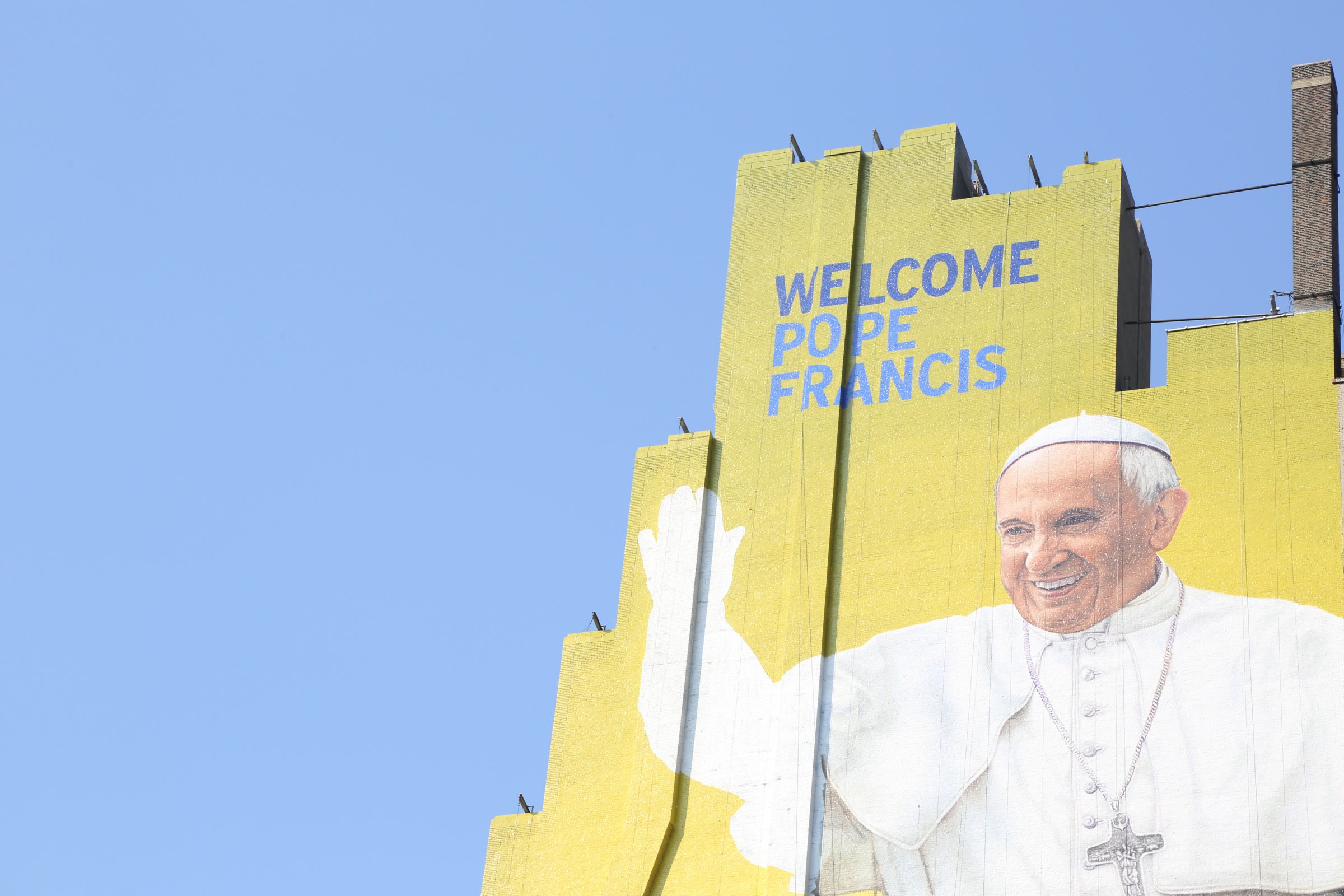
Every family has a story. My mother immigrated to the U.S. when she was 21 to further her education and pursue her dreams. She came to study chemistry at Carnegie Mellon University. After she arrived, she reconnected with and eventually married my father, who was an old classmate of hers in Taiwan and also a graduate student in the U.S. I was born in Pittsburgh in 1974.
After my mother received her degree in chemistry, she decided she wanted to be a doctor, and signed up for medical school. My younger sister was born four years later in Irvine, Calif., while my mom was in medical school. She was the only woman in her class with two children. Since then, she’s spent her career saving the lives of people diagnosed with cancer; her main area of specialty is melanoma. I grew up hearing about the journeys of her patients and their families.
Today, she lives in Houston in a house with fruit trees in the yard. This was always a dream of hers. She has oranges, lemons and grapefruit. They grow close to one another, and sometimes the oranges start to taste like lemons, and the other way around. My parents have since split up. My mother turns 65 in November, and earlier this year, when my sister had a baby, she became a grandmother.
Every apartment building, every neighborhood and every state in this country is filled with stories like these, each unique in their own way. But they also share many commonalities—there are trials and triumphs, separations and reunions, births and deaths, experiences and memories for which there are no words. There is a common thread that is often woven through these stories: migration. People move away to go to school, to gain exposure to new things, to find work or seek out different opportunities. Sometimes we move away for safety, fleeing from domestic violence or bullies at our children’s schools.
In our country today, there are at least 11 million people who have migrated across borders to live here. They have families, children they would like to see go to school here. They have personal ambitions, like my mom’s dream of fruit trees, and professional and economic ambitions. They start businesses, care for our children and our aging loved ones, and grow and prepare our food. They are already a part of the story of who we are as a country.
But they are forced to live and work in the shadows because their immigration status means that they may be detained, deported and separated from their families and communities at any moment. Their work and contributions have gone unrecognized, along with their basic human dignity. Our leaders have failed to take action to address this reality, to create a pathway out of the shadows. We have lost this thread of our story. We have forgotten that it’s our story, too.
This morning, like many other mornings, I woke up, searched for coffee and unrolled my blue yoga mat for my morning practice. But today, as I prepared for my day, I was preparing for something very different. Today, I joined a group of 100 immigrant women and their families who gathered from across the country to embark on a journey to see the most influential religious leader in the world, Pope Francis.
We will walk 100 miles, from York, Pa. to Washington, D.C., to welcome Pope Francis during his first visit to the U.S. and to echo his message of compassion, global cooperation and welcoming of migrants. His vision, based on that of one of the most important leaders of all time, Jesus Christ, is one of universal love, where no one must live in the shadows, and everyone has dignity.
We hope his message rings clearly through the halls of power and inspires our leaders to take bold action on immigration. We will share our 100 stories with communities throughout Pennsylvania and Maryland until we reach Washington, D.C., representing the millions of Americans who want to reclaim our nation’s story, and see a future where we are stronger together.
More Must-Reads from TIME
- Donald Trump Is TIME's 2024 Person of the Year
- Why We Chose Trump as Person of the Year
- Is Intermittent Fasting Good or Bad for You?
- The 100 Must-Read Books of 2024
- The 20 Best Christmas TV Episodes
- Column: If Optimism Feels Ridiculous Now, Try Hope
- The Future of Climate Action Is Trade Policy
- Merle Bombardieri Is Helping People Make the Baby Decision
Contact us at letters@time.com